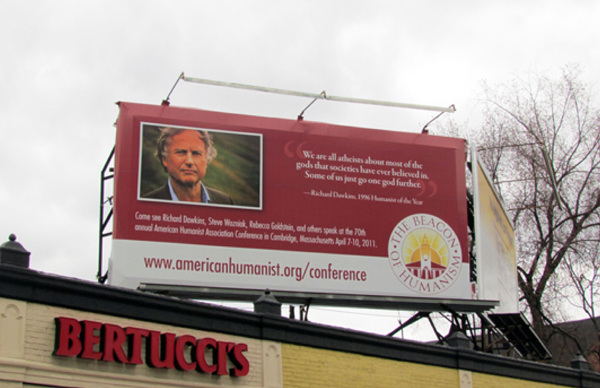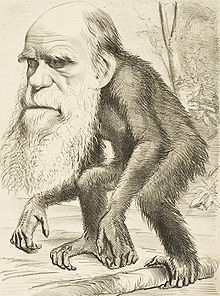From here:
Recently an atheist, philosophy professor has recounted his repentance in the magazine “Philosophy Now”.
He is Professor Emeritus Joel Marks of the University of New Haven, Connecticut. A moralist and ethicist, he regularly writes a column: “Moral Moments”. He is a vegan by ethical persuasion, quite passionately opposed to vivisection and other common uses of animals. His basic position in ethical debate has been to oppose utilitarianism in favour of Kantian ethics. He describes his life prior to his conversion as: “morality has been the essence of my existence, both personally and professionally.”
However, Prof. Marks has come to understand the error of his years of atheistic, philosophical, moral arguments. Turning his philosophic eye on his “own largely unexamined assumption”, he goes so far as to call himself “a moral fool”. His long standing religious prejudice shows when he describes his conversion as “my shocking epiphany that the religious fundamentalists are correct: without God, there is no morality.”
Professor Marks illustrates some common traits of atheists:
An atheist’s assumptions go unexamined. The usual one is that atheism is entirely rational; in actual fact, atheism is based on assumptions that are no more rational than those of Christianity.
Atheists are fond of laying claim to a morality that they say is not inferior to that of Christianity. The truth is, as professor Marks has noticed, atheism has no objective morality; an atheist’s morality is a concoction of subjectivity that is the result of Darwinian selection – or a piece of less than fresh cheese consumed the previous evening. Jean-Paul Sartre was a rare breed of atheist: he admitted that, without God, we make up our own morality. The so-called new atheists are less honest and maintain that their subjective morality is in some way universally valid, and so, wish to foist it on the rest of us.
The article goes on to note that, rather than believe in God, Professor Marks decided to disbelieve in morality. Now all he has to worry about – well, other than the final destination of his immortal soul – is the inconsistency of his non-belief in morality and living his life as if morality were real. I’m assuming he isn’t planning to become a serial killer.
Sadly Prof. Marks’ conversion was not from atheism to Christianity but rather from morality to amorality. As he puts it “I became convinced that atheism implies amorality, and since I am an atheist, I must therefore embrace amorality.” This is a poor piece of logic for a professional philosopher. He could just as easily conclude that “atheism implies amorality and since I am a moralist I must therefore embrace theism.” But presumably he felt his reasoning about God was more secure than his reasoning about morality – even though his commitment to amorality raised the question of whether such a life was even viable.
Like this:
Like Loading...







